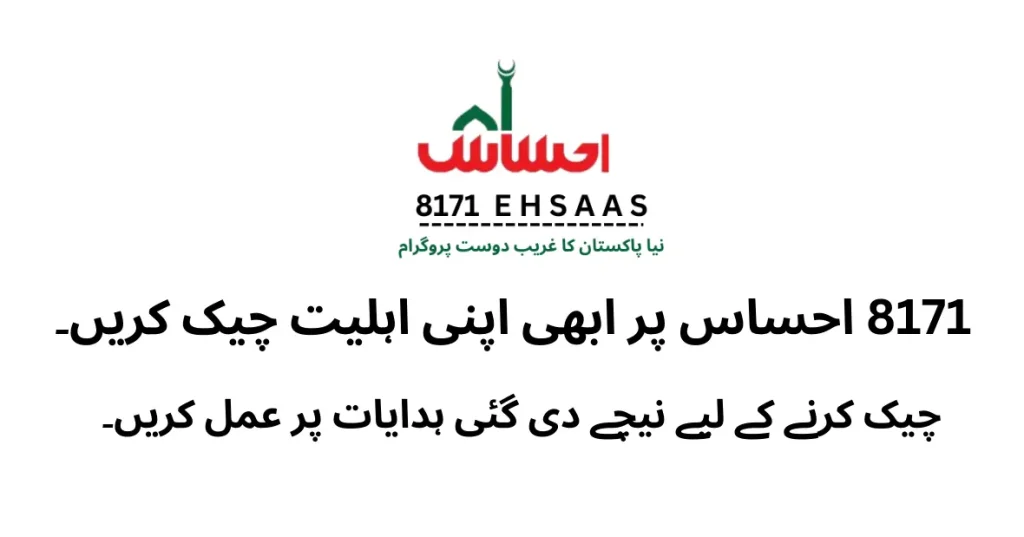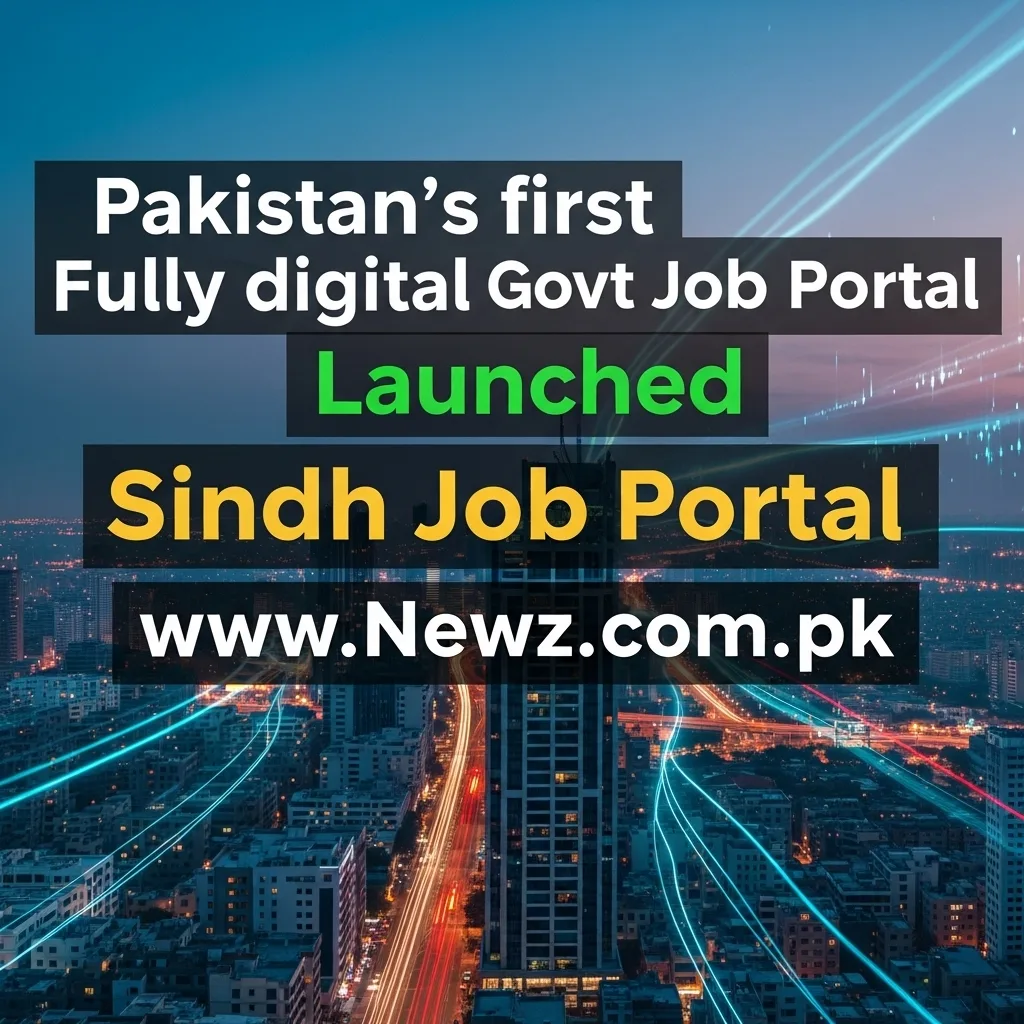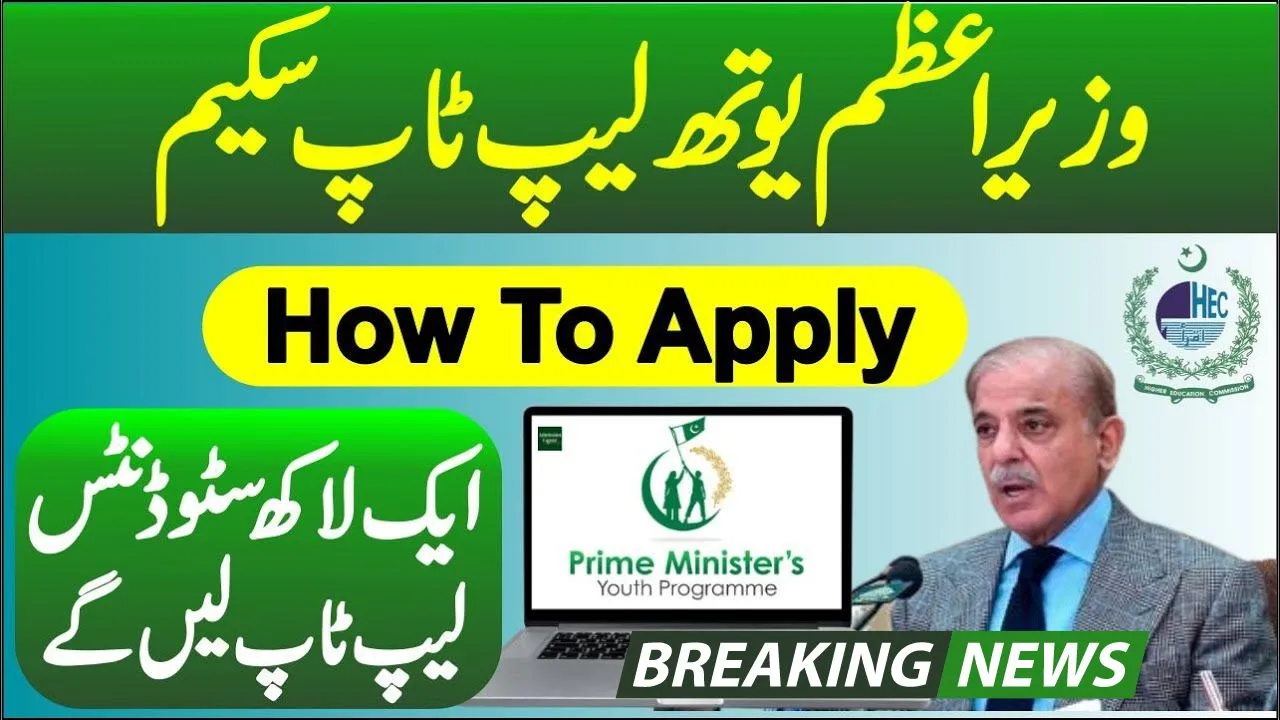Sindh Textbook Board Launches Digital Textbooks for Academic Year: A Comprehensive Overview
Introduction Sindh Textbook Board
Sindh Textbook Board Launches Digital Textbooks for Academic Year: A Comprehensive Overview The Sindh Textbook Board (STBB) has long been a cornerstone of educational development in Sindh, Pakistan. Established in 1971, it ensures standardized, quality educational content for millions of students. In a transformative move, the STBB has launched digitized textbooks for the 2023–2024 academic year, accessible via its e-library portal, https://ebooks.stbb.edu.pk. This initiative aims to bridge educational disparities, promote inclusivity, and align with global digital learning trends. This 2000-word analysis explores the initiative’s features, benefits, challenges, and its potential to revolutionize education in Sindh.
1. The Sindh Textbook Board: A Legacy of Educational Stewardship
The STBB operates under the Sindh Education and Literacy Department, tasked with curriculum development, textbook publication, and distribution. Historically, challenges like delayed deliveries, outdated content, and logistical inefficiencies plagued the system. However, the digitization of textbooks reflects a strategic shift toward modernization and equitable access. By transitioning to digital resources, the STBB addresses long-standing issues while aligning with the UN’s Sustainable Development Goals (SDG 4: Quality Education).
Key Milestones:
1971: Establishment of STBB to standardize education.
2010: Introduction of revised curricula incorporating technology and critical thinking.
2023: Launch of the e-library portal, marking a digital leap.
2. Digital Textbook Initiative: Key Announcements
For the 2023–2024 academic year, the STBB has digitized textbooks for Grades 1–12, covering core subjects like mathematics, science, social studies, languages, and Islamic studies. Available in English, Urdu, and Sindhi, these resources cater to Sindh’s multilingual population.
Highlights:
Cost-Free Access: Eliminates financial barriers for families.
Multilingual Support: Preserves Sindhi linguistic heritage.
Timely Availability: Overcomes delays in physical book distribution.
3. Navigating the STBB E-Library Portal: Features and Functionality
The https://ebooks.stbb.edu.pk platform is designed for ease of use:
User-Friendly Interface:
Class-Wise Categorization: Filter resources by grade (1–12).
Language Toggle: Switch between English, Urdu, and Sindhi.
Search Bar: Quickly locate textbooks by title or subject.
Technical Features:
Multi-Format Access: Download PDFs or read online.
Mobile Optimization: Responsive design for smartphones and tablets.
Zoom and Scroll: Enhanced readability for detailed diagrams and text.
4. Benefits of Digital Sindh Textbooks Board
A. Enhanced Accessibility and Equity
Digital textbooks democratize education, enabling students in remote regions like Tharparkar and Ghotki to access the same resources as urban centers. This aligns with SDG 4’s goal of inclusive education.
B. Cost Savings for Families
Families save up to PKR 2,000 annually per child on physical books, redirecting funds to stationery, uniforms, or tutoring.
C. Environmental Sustainability
Reduces paper consumption, lowering deforestation and carbon emissions linked to printing and transportation.
D. Preservation of Sindhi Language
Sindhi-medium textbooks foster cultural pride and improve comprehension for native speakers.
5. Step-by-Step Guide to Accessing Digital Textbooks
Visit the Portal: Go to https://ebooks.stbb.edu.pk.
Select Grade: Choose from Classes 1–12.
Choose Language: English, Urdu, or Sindhi.
Download or Read Online:
PDF Download: Ideal for offline use or printing.
Web Reader: Optimized for mobile screens.
Printing Tips: Use A4 paper and select “Booklet Mode” for binding.
6. Impact on Stakeholders
Students
Flexibility: Study anytime, reducing dependency on physical books.
Interactive Learning: Future updates could include embedded videos or quizzes.
Teachers
Curriculum Alignment: Streamline lesson planning with digital syllabi.
Multilingual Support: Teach in students’ preferred languages.
Parents
Transparency: Track children’s progress using the same resources.
Savings: Allocate funds to other educational needs.
7. Challenges and Solutions
A. Digital Divide
Challenge: Only 35% of rural Sindh has internet access (PBS 2022).
Solution: Partner with telecom companies (e.g., Jazz, Telenor) to offer subsidized data packages for educational sites.
B. Device Availability
Challenge: Many households lack smartphones or laptops.
Solution: Establish community digital hubs in villages with shared devices.
C. Digital Literacy
Challenge: Limited tech skills among teachers and parents.
Solution: Launch training workshops via regional education offices.
8. Future Roadmap for STBB
Interactive Content: Integrate videos, simulations, and quizzes.
Mobile App Development: Enable offline access and push notifications.
Public-Private Partnerships: Collaborate with NGOs like The Citizens Foundation (TCF) or UNICEF to fund digital infrastructure.
9. Top Search Keywords for SEO Optimization
To maximize visibility, incorporate these keywords naturally:
Sindh Textbook Board digital textbooks
STBB e-library portal
Free educational resources Sindh
Sindhi-language textbooks online
Digital education in Pakistan
STBB 2023–2024 syllabus
How to download Sindh Board books
Eco-friendly education initiatives
Remote learning solutions Pakistan
Sindh Education and Literacy Department
10. Conclusion: Paving the Way for a Digital Educational Future
The STBB’s digital textbook initiative marks a watershed moment for Sindh’s education sector. By addressing accessibility, cost, and sustainability, the board sets a precedent for other provinces. While challenges like the digital divide persist, strategic collaborations and community engagement can bridge gaps. As Sindh embraces this transformation, it moves closer to a future where education is borderless, inclusive, and adaptive to global trends.
Call to Action:
Parents: Explore the e-library to support your child’s learning.
Educators: Advocate for digital literacy programs in schools.
Policymakers: Invest in rural internet infrastructure.
“Education is the passport to the future, for tomorrow belongs to those who prepare for it today.” – Malcolm X
For More Information:
Visit https://ebooks.stbb.edu.pk or contact the Sindh Education and Literacy Department at +92-21-99204444.





